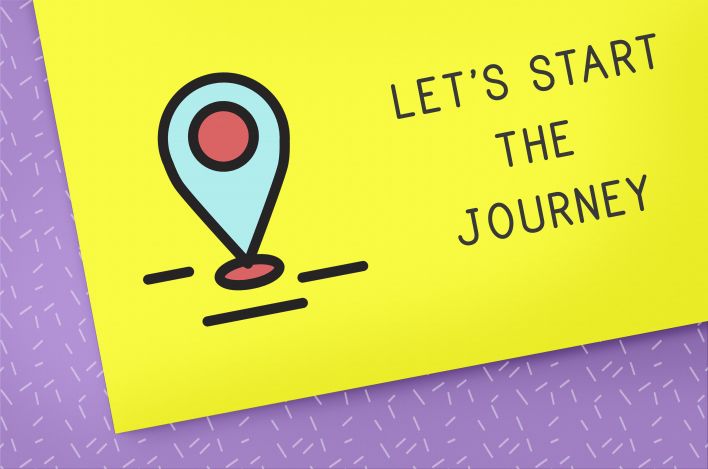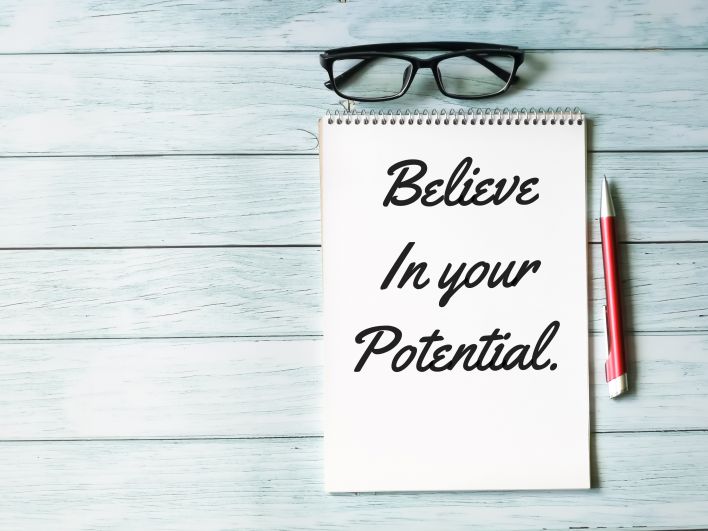Where to start?
Thinking about what you are going to do in the future, can be a challenge. Here are some tips to get you started. Get to know yourself by thinking about what you're good at. This page will help you to start by considering things like your interests, strengths, skills and personality.
Interests are things you enjoy – like subjects at school, going to gigs, sports, music, fitness or baking. Your interests can help you choose a career you’ll love.
Strengths are things you’re naturally good at – like solving problems, being persuasive or being organised. Understanding them can help you think about what jobs will suit you in the future.
Skills are things you develop through work or study – like public speaking, using other languages, teaching people, programming computers. You can match your skills to the ones employers are looking for. Find out about some of the skills you already have that employers are looking for.
Start with YOU!
If you have a goal already, great news! You can use this information to find out if your personality and strengths match the career you have in mind. You can also investigate your ideas in more detail.
Your interest in different types of careers or your goals may change over time, this is perfectly normal. The best way to start to prepare for the process of career planning is to take some steps to get to know more about yourself. Here are some tips of how to make a start in getting to know yourself.
Think about what you really like doing
As a starting point think about the answers to these questions:
When I'm bored I like to........
In my free time I .......
I'm happiest when.......
When I make a mistake I........
What activities keep you so absorbed that you don't even notice how much time has passed?
Do the activities that bring you joy and energy involve using a skills or talent such as music, drawing, writing, leading or making something? Do they involve being committed to social justice or helping the earth? Perhaps helping and serving others is something that gives you purpose? Does taking part in sporting activities ignite your spark? What qualities do you use when taking part in the activity? What strengths do you use? What do the activities you enjoy and take part in say about you as an individual?
List 10 things you really like, this activity can help to reveal possible future ideas to explore. Can you make connections between ideas on your list? Are a group of items related to the arts, science or social activities or technology?
What subjects have you found especially interesting? Find out what jobs you could do with your favourite subjects. Without putting any pressure on yourself to make a firm decision explore careers by job sector based on areas you find interesting.
You can try this National Careers Week five minutes of Positivity Activity to help you to think about your strengths and skills.
Know your qualities
Are you friendly, creative, impatient, funny, organised? Try writing down a list of 10 qualities you feel describe your personality. Perhaps you are curious, kind, adventurous or competitive. Ask your friends, family and teachers to name some of your qualities — sometimes other people see us more clearly than we see ourselves. Add their suggestions to your list. You can keep adding to your list your unique qualities are endless.
Consider your strengths and weaknesses
Make a list of your five top strengths and weaknesses. Understanding your strengths increases self awareness and is a real confidence booster. Strengths and weaknesses can be developed through your experiences and will change throughout your life. If you’re a good public speaker, for example, explore what types of careers call for that skill. You can use this strengths list WYS_glossary_v7_download.docx created by Katherine Jennick, Whats Your Strength will help you to understand your top five strengths and maybe a few more. This will be helpful when thinking about what you can do in the future and if you are creating a CV to apply for a job. Our Careers Advisor can help you understand what unique skills and qualities you have to offer using skills cards. This knowledge about yourself can not only boost your confidence it can help when you are attending education or employment interviews in the not too distant future.
Your weaknesses can also tell you a lot about where you might go. You can either steer away from careers that require skills you’re not confident about or work to improve weaknesses that may keep you from your goals. Remember anything is possible and skills can be learnt and improved upon throughout your education and experiences.
Identify stand out experiences
Your experiences are shaping who you will become in the future. Experiences provide you with opportunities to develop skills and find out what you do and don't like doing. Think about three experiences that taught you something about yourself. This could be related to work experience, voluntary work, extra curricular activities, part time work, helping out in the family business. Even something that didn't go to plan.
Choose one that gave you the greatest sense of achievement. Write a sentence that explains why that was so. If you can pinpoint what you enjoyed about these experiences, you can aim towards career ideas that will provide these types of opportunities in the future. These experiences will have helped you to develop new skills, knowledge and understanding about yourself whilst you were completing them. What did you really enjoy? Even the experience you didn't enjoy has taught you something about yourself.


